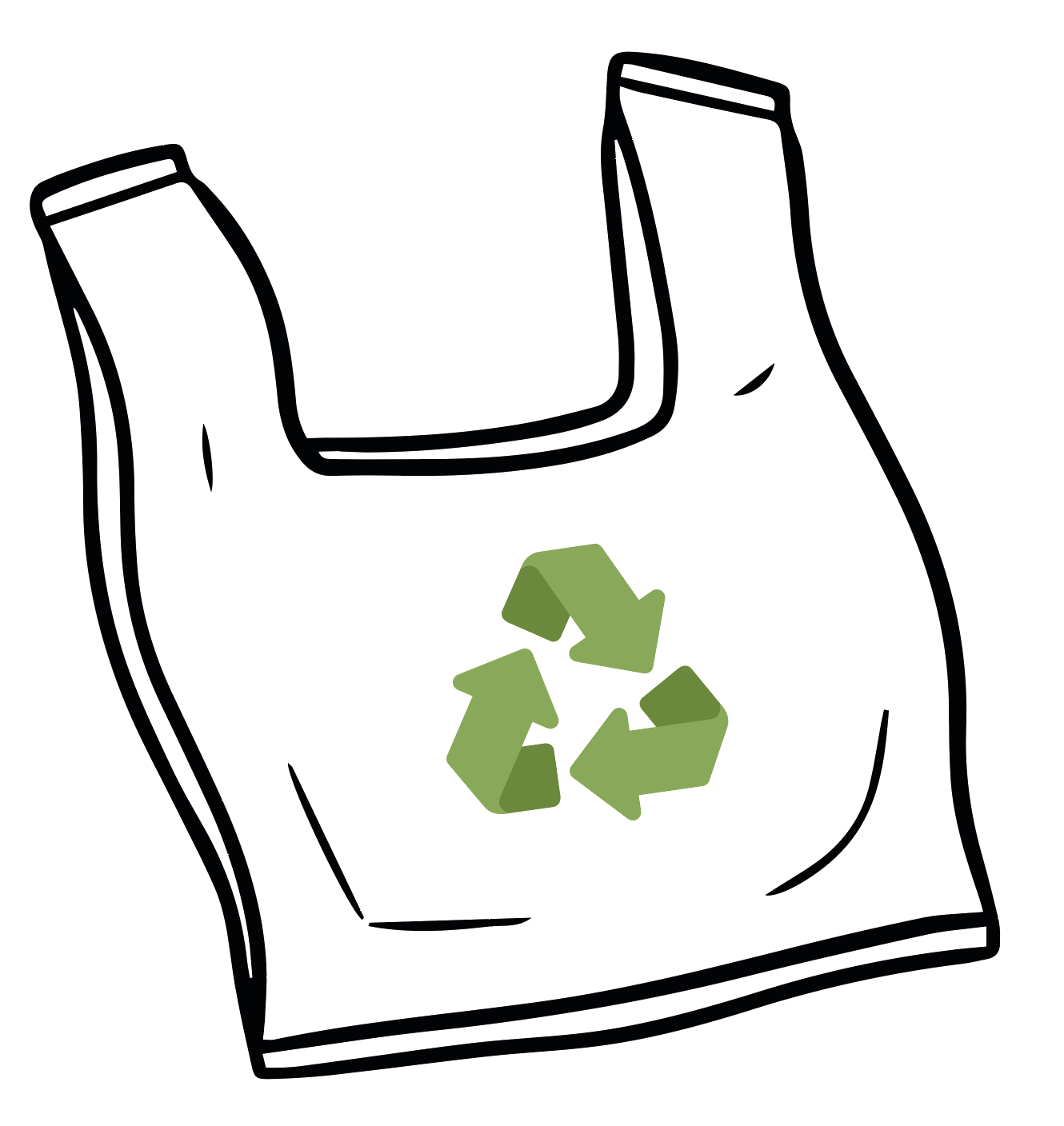Greenwashing Guide
What is Greenwashing?
Greenwashing is a form of marketing or advertising that deceives consumers into believing that a company’s products, aims, or policies are more environmental friendly than they actually are.
Greenwashing can take many forms, including:
Making false or misleading claims about the environmental benefits of a product
Using vague or meaningless terms without providing any specific information
Emphasising the environmental benefits of a product while downplaying the negative environmental impacts
Using green imagery or symbolism to create a false impression of environmental friendliness
BA’s Approach
The best way we can avoid falling for greenwashing is to identify unspecific terms, seek out specific terms, and look for proof to back up product claims. Refer to BA’s Sustainable Product Standard for more info on product certifications.
Unspecific Terms
Eco-Friendly
Natural
Sustainable
Degradable/Biodegradable
Free of / -Free
Specific Terms
% Recycled
% Organic
-Certified
Certified home compostable
Certified industrially compostable
Be Skeptical of Vague Claims
Is the entire product recycled, or just some of it?
Is the product made of more than one material?
Are there any third-party certifications to verify the claim?
Spot the Wash!
The “ECO-Savvy Bag”
“The Eco-Savvy Bag is the perfect way to grocery shop sustainably. When you’re finished with your bag, simply recycle it. It’s that easy!”
Makes false or misleading claims about the environmental benefits of the product - claims you can “simply recycle it”, but doesn’t disclose plastic grocery bags are only special-stream recyclable.
Emphasises the environmental benefit of the product while downplaying the negative impacts - emphasises recyclability but ignores the product is made of virgin, single-use plastic.
The “Wheatie Green Pen”
“Wheatie Green Pens are the perfect way to write sustainably! Made with wheat straw, these pens are just as stylish and functional as traditional pens, but they’re better for the environment.”
Emphasises the environmental benefit of the product while downplaying the negative impacts - says “made with wheat straw” but doesn’t disclose that it’s mostly made of virgin plastic mixed with a small amount of wheat straw.
The “Sustainable Style Polo”
“The perfect way to look stylish while being environmentally conscious. Made with recycled materials, these shirts are just as soft and comfortable as traditional polo shirts, but they’re better for the planet. The recycled materials in our shirts are made from plastic bottles that would otherwise end up in landfills.”
Uses vague terms without providing any specific information - says “made with recycled materials” but doesn’t specify what percentage of the fabric is recycled or what materials the shirt is made of (the recycled material is PET from recycled water bottles, but it could be mixed with virgin PET or other fabrics like cotton).
The “ECO-Warrior Cutting Board”
“Our ECO-Warrior cutting boards are the perfect way to prepare food sustainably. They are 100% tree-free! Bamboo is a fast-growing grass that is naturally biodegradable”
Makes false or misleading claims about the environmental benefits of a product - says bamboo is ”naturally biodegradable,” which is true, but doesn’t reveal that the cutting board itself isn’t biodegradable (because it is glued or treated with resins).
Uses vague or meaningless terms without providing any specific information - “100% tree-free” doesn’t mean much.
Emphasises the environmental benefits of a product while downplaying the negative impacts - Doesn’t disclose where the bamboo is from or how it is grown.
Useful Advice:
Recycled vs. Recyclable
“Recycled” means the content comes from materials that have been used before. “Recyclable” means the material can be recycled at its end-of-life. A common form of greenwashing is claiming something is “recyclable” without providing more context or clarifying whether there’s any “recycled” content in the product.
Layered Fabrics
Material claims often refer to just the exterior layer of the product and not the bag or jacket liners, insulation, etc. Do not claim a whole product is recycled or organic; instead, refer to a specific piece of the product (e.g. “The bag’s exterior fabric is made from...”).
Bamboo & Other Natural Materials
A product is not necessarily sustainable because it's made of natural materials. For bamboo and wood products, look for an FSC certification or other verification of responsibly sourced materials.
Biodegradable vs. Compostable
The terms biodegradable, compostable, oxo-degradable and similar terms are confusing because they are not always clearly defined and are often used deceptively. Additionally, the terms can be used in different ways by different groups. Look for certifications to back up any degradation claims. Generally, “compostable” is more meaningful than “biodegradable.” Brand Addition never accepts “oxo-degradable” products as sustainable.
Brand Addition helps companies begin, shift and grow sustainability efforts, with strategic approaches for spreading awareness and joy in memorable, eco-friendly and cost-efficient ways. If you have questions or are ready to get started, get in touch.
Learn More:
UK: Green Claims Code
https://www.youtube.com/watch?v=R9FwP_o9EuQ
https://www.gov.uk/government/publications/green-claims-code-making-environmental-claims
https://www.gov.uk/government/publications/green-claims-code-making-environmental-claims/environmental-claims-on-goods-and-services
US: FTC Green Guides
https://www.youtube.com/watch?v=2NsBcVrPQok
https://www.ftc.gov/news-events/topics/truth-advertising/green-guides






